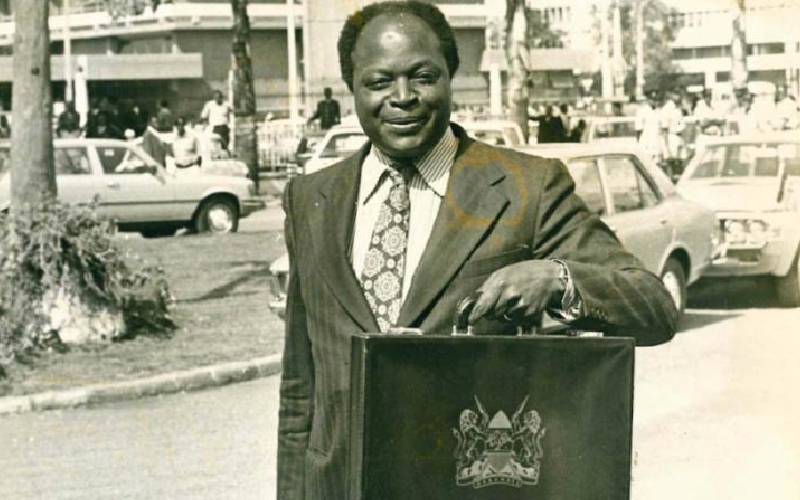
At the height of the post-election violence in February 2008, US President George W Bush dispatched the highest-ranking member of his administration to Nairobi to weigh in on the ongoing mediation efforts led by former UN Secretary General Kofi Annan.
After a meeting with Annan, US Secretary of State Condoleezza Rice issued a terse statement aimed at prodding the two parties to conclude negotiations and end the violence. "I believe the time for a political settlement was yesterday, it is really important that this be done and done urgently," she said.